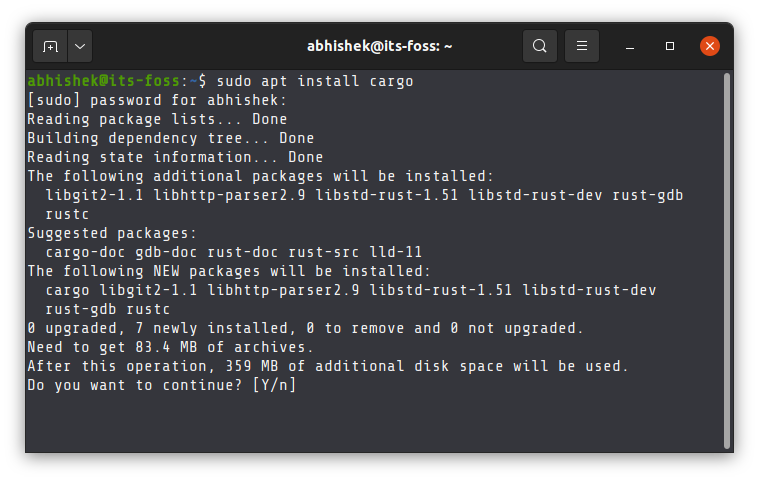Before AVM, managing Anchor versions was a nightmare. You'd have one project that needed Anchor 0.29.0, another that broke unless you used 0.30.1, and your latest side project that required bleeding-edge 0.31.x features. Switching between them meant manually installing and uninstalling Anchor versions, which inevitably led to:
- PATH conflicts where the wrong version was being used
- Broken builds because dependencies got mixed up
- Hours wasted debugging environment issues instead of writing Solana programs
- Team members using different versions and builds mysteriously failing in CI
AVM fixes this the same way nvm fixes Node.js version hell. Install multiple Anchor versions, switch between them with a single command, and stop losing your mind over dependency management.
What Actually Breaks Without AVM
Version Lock-In Hell
You start a project with Anchor 0.29.0. Six months later, you want to use a new feature from 0.31.0, but updating breaks half your existing code. With AVM, you can keep 0.29.0 for the old project and use 0.31.0 for new features.
Verifiable Build Requirements
If you're building anything users will actually interact with, you need verifiable builds. This means using exact Anchor versions, not "whatever was latest when I ran cargo install." AVM lets you pin exact versions and even install from specific Git commits.
Team Synchronization Issues
"Works on my machine" becomes "works with my Anchor version." AVM makes it trivial to ensure everyone on the team uses the exact same Anchor version. Add the version to your README and everyone runs avm use 0.31.1.
CI/CD Reproducibility
Building different binaries from the same source code depending on which Anchor version the CI runner happened to have installed is a recipe for production bugs. With AVM, your CI scripts can pin the exact version: avm install 0.31.1 && avm use 0.31.1.
Integration Reality Check
AVM works with your existing Solana toolchain setup. It doesn't care about your Solana CLI version or how you installed Rust. It just manages the anchor binary and gets out of your way.
The official Anchor docs recommend AVM installation because the alternatives (npm package, cargo direct install) all have gotchas that waste your time. The npm package is often outdated, and cargo installs can conflict with system packages.
